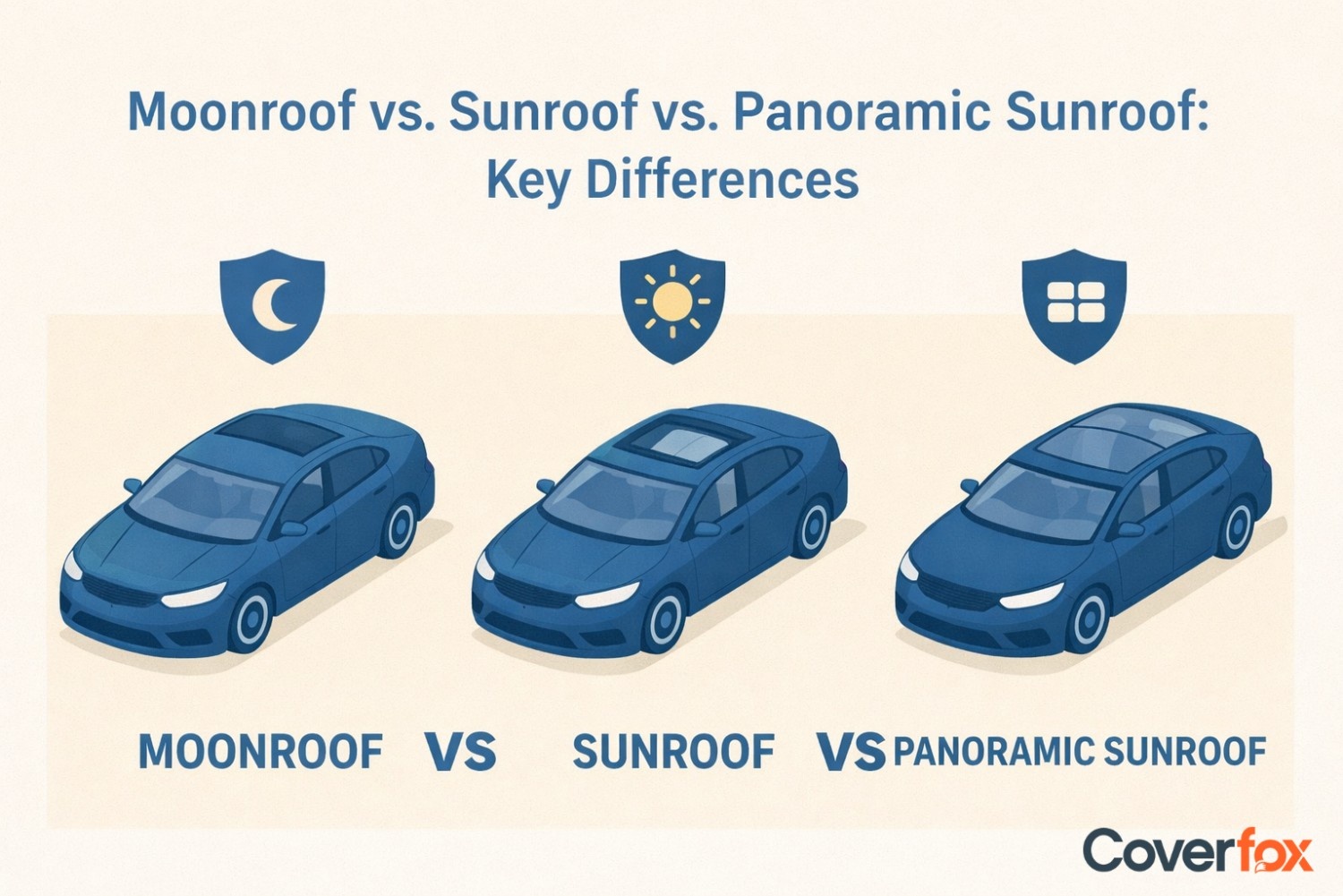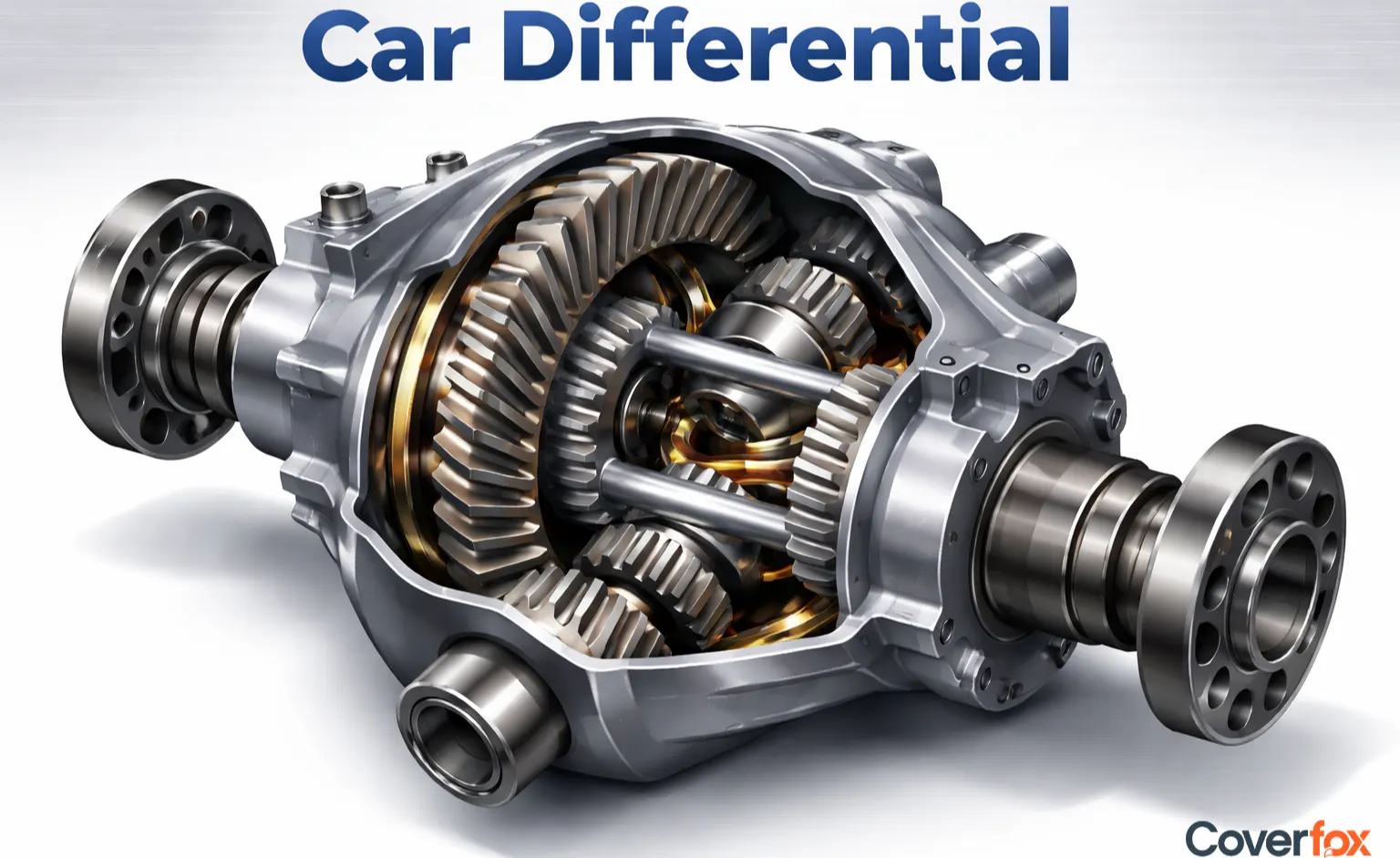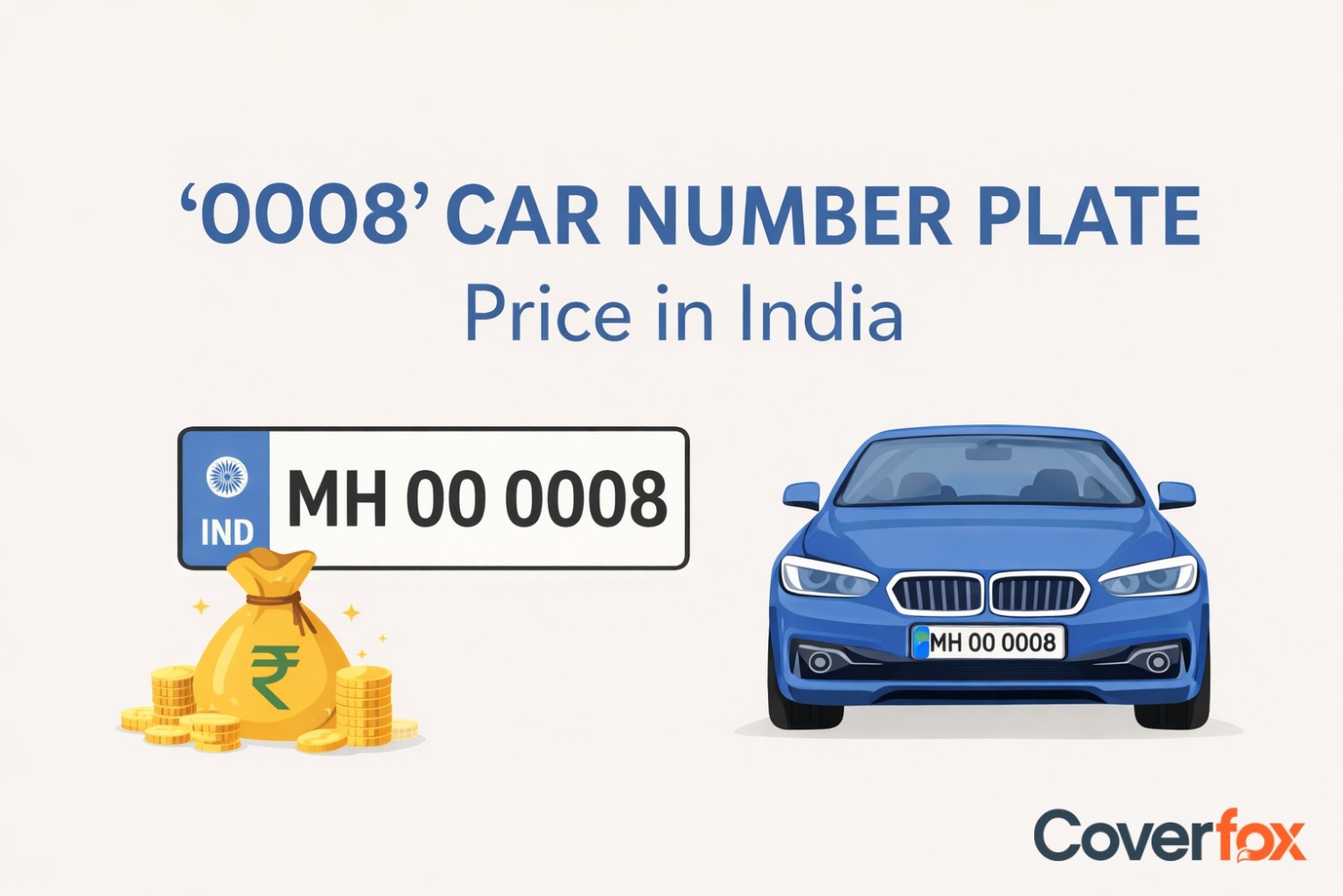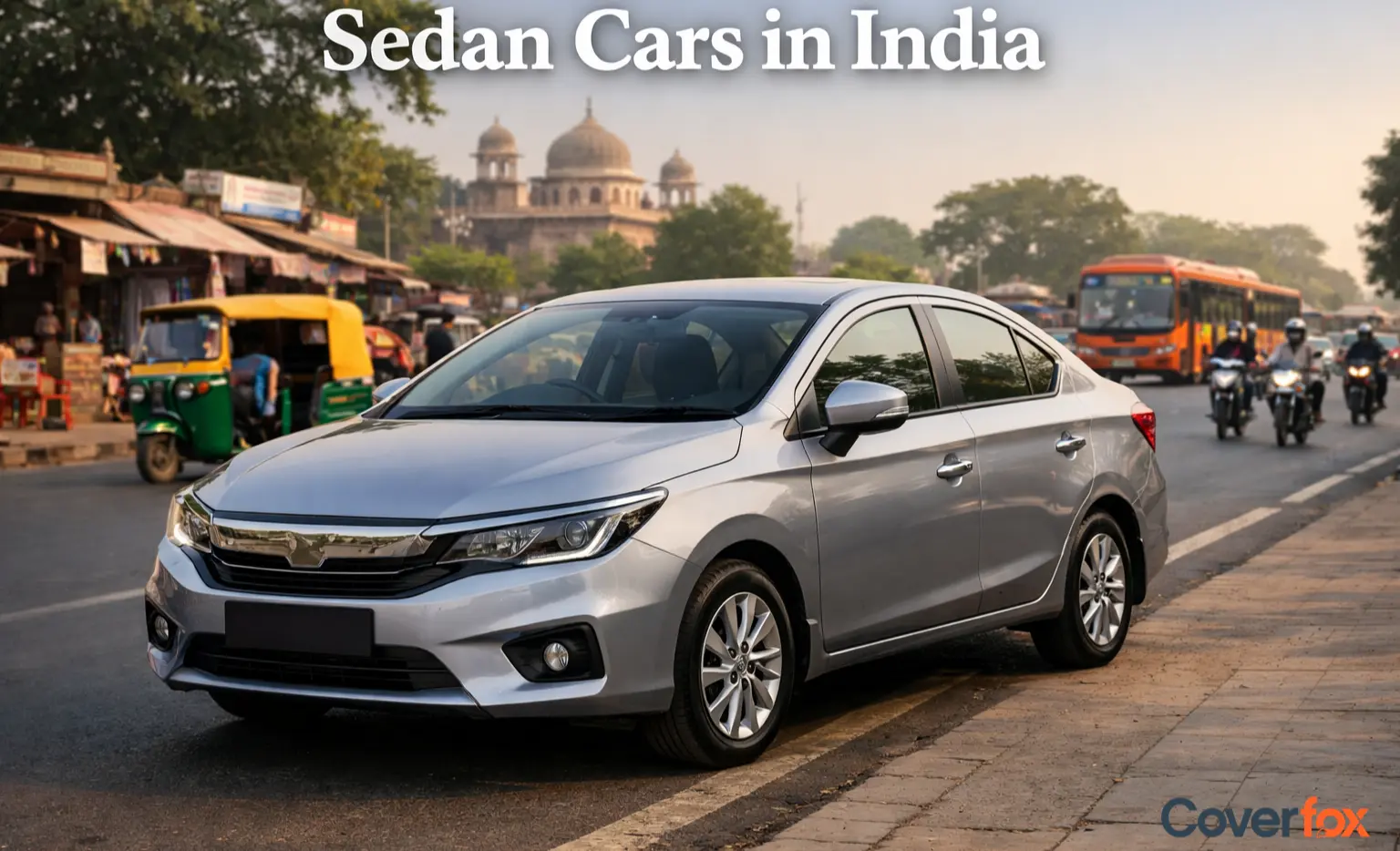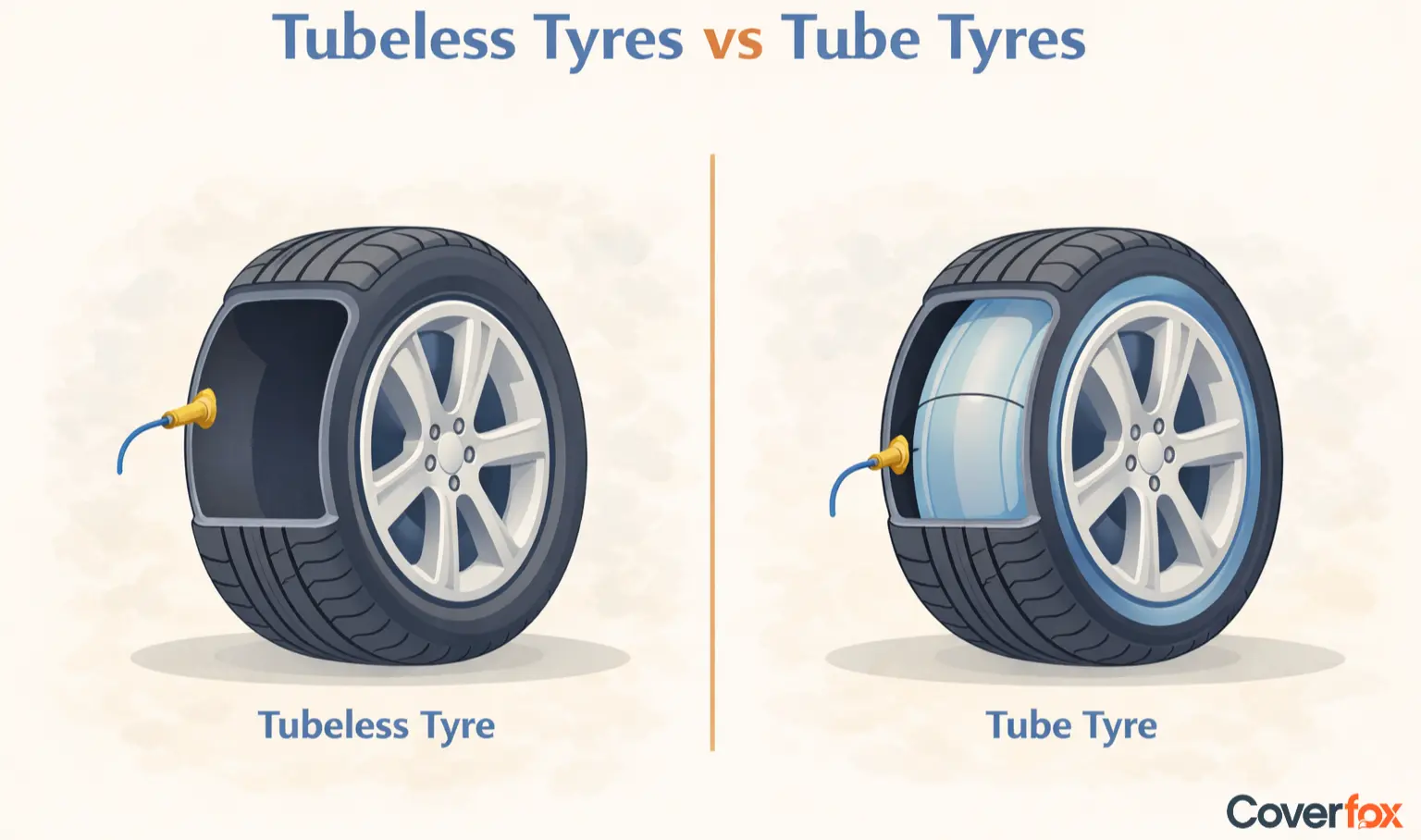The cost is always a debated concept in India. Indians are experts in cost analysis, comparative study and gauging the long-term benefits of a product or service over time. With its shifting focus to Electric Vehicles (EV), a wave of transformational policies, infrastructures, affordable and premium EVs, and tax regulations are taking place in India. Amidst all this, if you are a conventional car user i.e. Petrol and Diesel vehicles, we will be discussing the comparative cost of conventional cars and EV cars.

Further, if you are a first-time buyer or you are considering buying a car in the future, better bookmark this article because you never know when it would be useful.
Myth: Electric cars get damaged in waterlogged areas and are dangerous to charge in rain.
Fact: An undamaged electric vehicle will have water ingression protection which will keep it safe.
Charging Cost of Electric Cars
A general adoption is that the charging cost of the range and charging time are better compared to a conventional vehicle’s mileage model. Truth to be told, it is true for a major part of a vehicle’s life. Let us understand the electric car charging cost with the help of the below example:
Home Charging Cost Economics:
Vehicle segment of 2-wheeler, 3-wheeler and 4-wheeler. We will consider a 4-wheeler for our cost economics overview and Car range up to 350 km.
The average range of electric cars in India varies depending on the model and battery size, but here’s a general overview based on current offerings (as of 2025):
| Segment | Vehicle Examples | Average Range (ARAI/Claimed) |
|---|---|---|
| Tata Tiago EV, Citroën ë-C3 | 230 – 320 km | |
| Tata Nexon EV, MG ZS EV, Mahindra XUV400 | 320 – 460 km | |
| BYD Atto 3, Hyundai Ioniq 5, Kia EV6 | 500 – 708 km |
- Battery capacity of 45 kWh.
- Home charger capacity of 4 kW.
- Distance to be travelled 200 Km.
- Considering the state of Maharashtra for example purposes.
- Domestic tariff of 11.82 ₹/kWh. (as per state)
Given these criteria of a 4-wheeler with a vehicle range of 350 Km, a battery capacity of 45 kWh and a home charging capacity of 4 KW. Lastly, don't forget the target distance which is 200 km.
Hold this data in mind for a minute while we review the same cost specification for a conventional car with the below factors:
- Conventional car fuel type - Petrol.
- Mileage - 18 Km/L.
- Petrol price - 108.82 (assuming average).
You will be shocked to find the insight and number below:
Charging time - 5.71 hours (which is convenient overnight), Charging cost- ₹ 270.17 (better than fuel prices), and Cost per km- ₹ 1.35 (major saving)
You will save approximately ₹1090.08 with this electric vehicle. A conventional petrol or diesel vehicle costs around ₹6.8 per km. The total cost for the same journey with a conventional petrol or diesel vehicle would be around ₹1360.25.
If you are confused with the number of factors and calculation part, don’t worry here is the home charging calculator for your reference- Home charging calculator (e-amrit.niti.gov.in/home-charging-calculator/). Further, to check the cost of the public charging calculator you can use the - Public charging calculator (e-amrit.niti.gov.in/public-charging-calculator/)
Myth: Electric vehicles are uneconomical.
Fact: Electric vehicles are more economical when you consider fuel and maintenance costs.
How to Charge an Electric Car?
As we know from the above table there are three levels of charging capacity you can incorporate at home: Level 1, Level 2 and Level 3. These determine the time it will take for your vehicle to be charged.
Step 1: Connect your charger with an electric connection at your parking space or nearby home
Step 2: Set a timer on your phone as per the average time it will take to be fully charged
Step 3: Remove it on time.
Types of Chargers for Electric Cars
The types of chargers for electric cars are as follows:
| Charger Type | Power Output | Voltage/Phase | Charging Time (Approx.) | Suitable For |
|---|---|---|---|---|
| 2.5 – 3.3 kW | 230V, Single Phase | 8–12 hours (for 30–40 kWh battery) | Two-wheelers, small cars (e.g., Tiago EV) | |
| 7.2 – 11 kW | 230V/415V, Single/3-Phase | 4–6 hours (for 30–50 kWh battery) | Mid-size EVs (e.g., Nexon EV, ZS EV) | |
| 15 – 22 kW | 415V, 3-Phase | 2–4 hours (for large EVs) | Premium EVs (e.g., BYD Atto 3, Kia EV6) |
Finding Nearby Charging Stations
Finding an electric vehicle charging station nearby can be a hassle if you are not situated in Tier 1 and Tier 2 cities. Even Tier 1 and Tier 2 cities have limited numbers of nearby charging stations. When you need to charge while on the road, you’ll find 934 stations in India available to the public.
When you need to charge while on the road, you’ll find 934 stations in India available to the public. If you can install a charger at home where you park, you can charge your vehicle conveniently there. Further, the Ministry of Power (MoP) provides the following minimum requirements for the location of public charging stations:
- At least one charging station should be available in a grid of 3km x 3km
- One charging station to be set up every 25km on both sides of highways/roads
Home Charging vs. Public Charging
Let us understand which is better, home charging or public charging with the help of the table below:
| Point of difference | Home Charging | Public Charging |
|---|---|---|
| Very convenient; charge overnight at home | May require travel and waiting in the queue | |
| Slower (3.3 – 7.2 kW typical) | Faster (15 – 150+ kW available) | |
| Lower (₹6–₹8/kWh, depending on state tariff) | Higher (₹15–₹25/kWh on average) | |
| Requires personal parking and setup | No setup is needed for the user | |
| Daily home use, short commutes | Long trips, emergency top-ups, urban use |
Benefits of Charging your Electric Car at home
Below are the benefits of charging your electric car at home:
Convenience
Charge it overnight and plan your tip anytime
Safety
Electric cars come with a minimum level of ADAS and reinforced safety features because of the electric battery
Overnight charging
The majority of cars spend their lifetime parked in one place, this can be turned into an advantage
Affordability
With the regulation of the EV market in India, EVs cars and bikes are produced and offered at affordable prices
Accessibility
There is swift development in EV infrastructure and EV vehicle models driving the growth of the EV market.
The Cost-Efficiency Advantage of Electric Cars
Electric cars offer a strong cost-efficiency advantage over traditional fuel vehicles. They have significantly lower running costs due to cheaper electricity rates compared to petrol or diesel. Maintenance expenses are also reduced, as EVs have fewer moving parts and no engine oil requirements. Government subsidies and tax benefits further lower the upfront cost. Over time, these savings make EV ownership more economical. Additionally, charging EV cars at home adds further cost control and convenience.
Final Thoughts
The EV market is valued in billions of dollars in future. The major players in EVs today are Tata, Kia, BYD, Mahindra, Hyundai, etc. The cost of charging an EV at home is nominal compared to the running cost of conventional vehicles. Further, it is more economical and eco-friendly. The EV infrastructure in India is gaining traction with upcoming start-ups and government initiatives.
Last but not least, the tax on buying an EV car is much less compared to the proportion of tax you pay while buying a petrol or diesel car. EV cars are best for short-term and mid-range travel. For long-range travels, planned EV charging stations must be considered en route for a comfortable journey. Given all the technology and advancement a comprehensive car insurance policy for your EV will be your best aid to cover any mishaps. The premium rates are charged as per the vehicle capacity in kWh as per the guidelines of IRDA.
Also Read:
Frequently Asked Questions
How Often You Must Charge Your Electric Cars?
Most EVs need charging every 3–7 days depending on usage and battery size.
How Safe Is It to Charge Electric Cars at Home?
Charging at home is safe with proper installation and certified equipment.
How much does it cost to fully charge an electric car?
It typically costs ₹150–₹400 to fully charge an EV, depending on battery size and electricity rates.
How Can You Find the Nearest Public Charging Station for Electric Cars?
Use EV apps like PlugShare, Tata Power EZ Charge, or Google Maps to locate nearby chargers.
How much does it cost to charge an EV at home?
Charging at home usually costs ₹6–₹8 per kWh, depending on local electricity tariffs.
